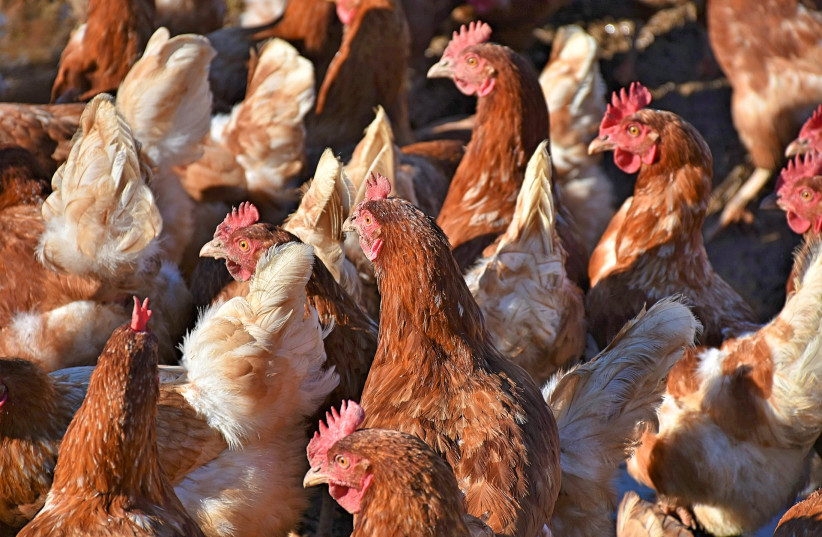Amnon Zarka, a resident of Kibbutz Erez, which has been under fire from the Gaza Strip throughout the weekend, spoke with Anat Davidov at 103FM to share the experiences of residents near the border. During the conversation, Zarka also talked about the impact of the rocket fire on animals, saying, “The cows are frightened; we saw a decrease in milk production.”
“These days I deal with people who I need to encourage to continue to do what they do, including animal breeders,” Zarka said, adding that “we're talking about cattle—dairy cows—about 600 at [Kibbutz] Kissufim and poultry on a scale of 100,000 chickens,” he added.
On the subject of animals in a warzone, he said, “Dogs feel it most clearly, they get very scared, they lose their sense of orientation. As for the cows, they are also frightened by the noise, [but] we did not observe a decrease in milk previous times at both Erez and Kissufim.“

Behavior of other animals in war
“In the birds, we did see panic. There's this phenomenon that when they get scared, they huddle and suffocate.“
Amnon Zarka, Kibbutz Erez resident
“In the birds, we did see panic,“ Zarka added. “There's this phenomenon that when they get scared, they huddle and suffocate. In the cows we didn't see that, we see that the cows are distressed; their instincts are better than ours. When a cow doesn't feel good, you see it. [However,] We found no effect on the milk.“
“These people's family members aren't here, all the growers are staying here after their families got out of the line of fire, it's not very comfortable. On the other hand, we appreciate their dedication. They need to stay to protect their property. My job, on normal days, is to manage. On these days it's to treat people, to care for higher morale so we can continue to keep these animals successfully,“ summarized the resident of Kibbutz Erez.
